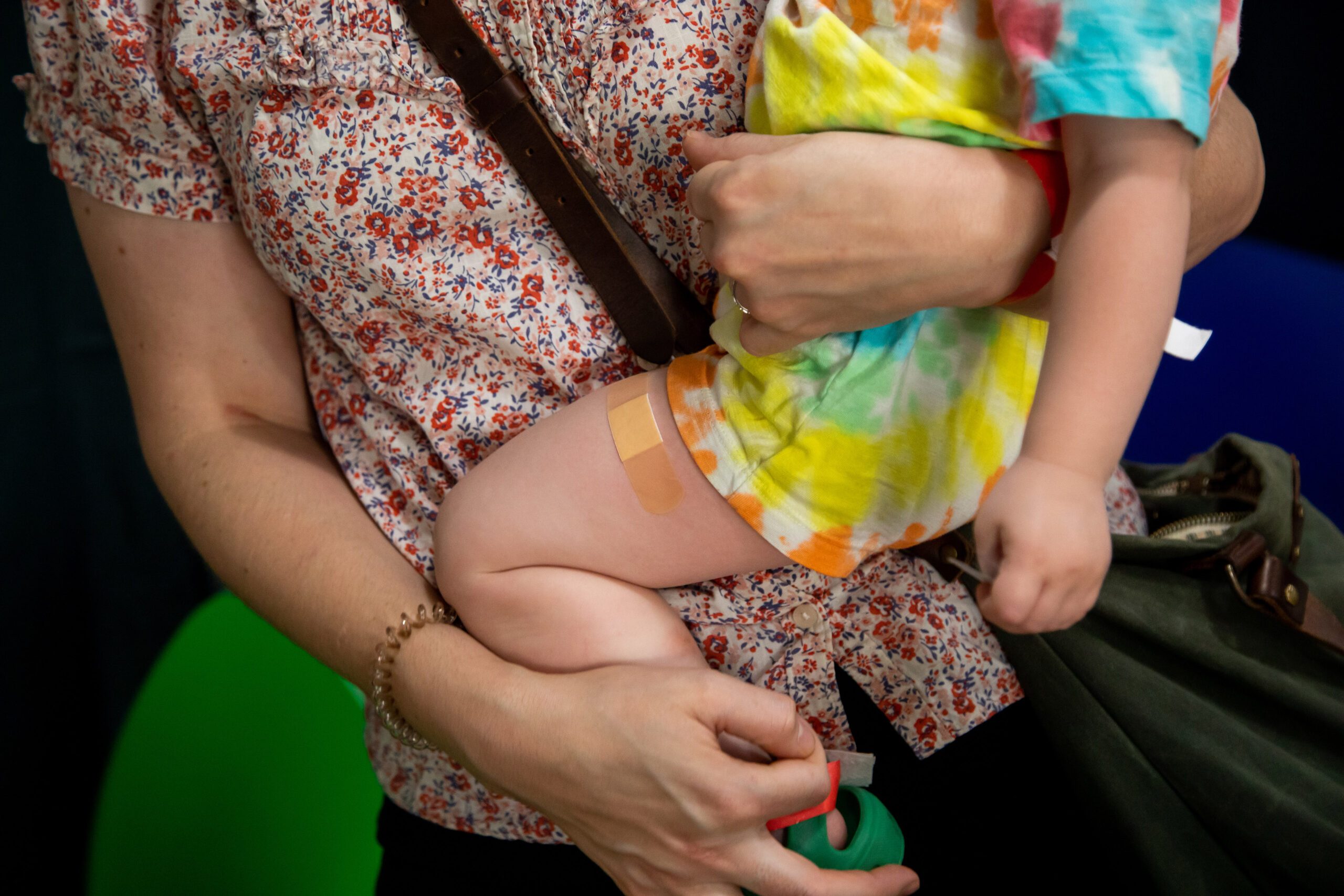By Tessa Roy
Research from experts at Michigan Medicine shows that significant language-based disparities exist in patients’ access to cancer care services, and it’s well before their first appointment with a doctor.
The audit study set up simulated patient calls from English and non-English speakers to the hospital general information lines at 144 randomly selected hospitals across 12 demographically diverse states.
The rationale provided for contacting the hospital general information line is that it serves as an initial entry point for many patients who are seeking information about hospital services, and therefore, is a highly relevant site to evaluate cancer care access.
Despite the calls being made to hospitals in the three most common spoken languages in the United States, researchers found that the Spanish-speaking and Mandarin-speaking patient callers were provided with next steps to access cancer care only 38% and 28% of the time, respectively, significantly less than the 94% of English-speaking patient callers who were provided with next steps to access cancer care.
“If cancer patients cannot access information about where to get appropriate cancer care services, what other critical information are they not able to access within our current healthcare system?” said Debbie Chen, M.D.
Chen proposes various potential interventions for hospitals and healthcare systems to implement to mitigate these communication barriers.
For example, the automated messages could be accessible in different languages, and those automations could always redirect to a live person instead of disconnecting when callers don’t provide a response to menu commands.
In addition, in situations when a language interpreter is needed, the hospital general information personnel could remain on the call, as language interpreters may not be able to provide the requested information about hospital-specific services.
Research reported in this publication was supported by the Rogel Cancer Center, University of Michigan (Discovery Award; D.W. Chen) and the National Institute of Diabetes and Digestive and Kidney Diseases of the National Institutes of Health under award number T32DK07245 (D.W. Chen).
Paper cited: “Hidden Disparities: How Language Influences Patients’ Access to Cancer Care,” JNCCN. DOI: 10.6004/jnccn.2023.7037
—
This post was previously published on MICHIGANMEDICINE.ORG under a Creative Commons License.
***
You Might Also Like These From The Good Men Project
 Compliments Men Want to Hear More Often
Compliments Men Want to Hear More Often  Relationships Aren’t Easy, But They’re Worth It
Relationships Aren’t Easy, But They’re Worth It  The One Thing Men Want More Than Sex
The One Thing Men Want More Than Sex  ..A Man’s Kiss Tells You Everything
..A Man’s Kiss Tells You Everything Join The Good Men Project as a Premium Member today.
All Premium Members get to view The Good Men Project with NO ADS.
A $50 annual membership gives you an all access pass. You can be a part of every call, group, class and community.
A $25 annual membership gives you access to one class, one Social Interest group and our online communities.
A $12 annual membership gives you access to our Friday calls with the publisher, our online community.
Register New Account
Log in if you wish to renew an existing subscription.
Username
First Name
Last Name
Password
Password Again
Choose your subscription level
- Yearly - $50.00 - 1 Year
- Monthly - $6.99 - 1 Month
Credit / Debit Card PayPal Choose Your Payment Method
Auto Renew
Subscribe to The Good Men Project Daily Newsletter By completing this registration form, you are also agreeing to our Terms of Service which can be found here.Need more info? A complete list of benefits is here.
—
Photo credit: iStock.com
The post Language Barriers in Cancer Care appeared first on The Good Men Project.
Original Article










